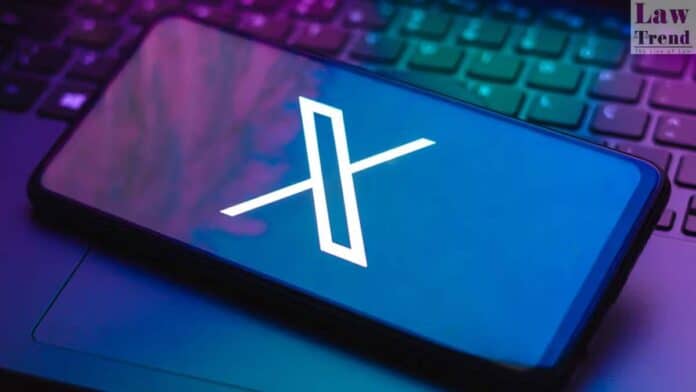In a striking courtroom demonstration, Solicitor General Tushar Mehta on Friday informed the Karnataka High Court that a fake, yet verified, X (formerly Twitter) account had been created in the name of the “Supreme Court of Karnataka” to highlight the dangers of online impersonation and misuse.
Appearing for the Centre in its ongoing legal clash with social media giant X Corp, Mehta told the court, “We created this account. It is verified. I can now post anything, and lakhs would believe that the Supreme Court of Karnataka has said it.” The account, he clarified, was never used to post content and was made solely to demonstrate how easily public trust can be misled online.
The hearing is part of X Corp’s petition challenging takedown orders issued by government officials under Section 79 of the Information Technology Act. X argues that only Section 69A, read with the IT Rules, permits such content blocking orders.
Justice M Nagaprasanna, who is presiding over the matter, acknowledged the concern raised by Mehta but clarified that the example would not affect the merits of X Corp’s case. “Their point is that creation of such fake accounts is far too easy,” the judge observed.
Senior Advocate KG Raghavan, representing X Corp, strongly objected to the Centre’s tactic, arguing that evidence like the fake account cannot simply be “passed off” across the bar without being formally placed on record. He reminded the court that even the offline world, particularly the press, has had its share of lapses. Raghavan pointed to a 2002 case where the High Court initiated contempt proceedings over false media reporting. He later informed the court that X had already taken down the fake account.
Justice Nagaprasanna also drew a parallel with the Proton Mail case, where anonymous emails containing morphed and explicit images were mass-sent, reinforcing concerns about anonymity and misuse online.
Pushing the Centre’s argument further, Mehta highlighted how many harmful online acts fall into a legal grey zone — not meeting the criteria for blocking under Section 69A, yet posing grave risks. He cited an AI-generated video example: “We have created an AI-generated video where Your Lordship appears to speak against the nation. It’s unlawful, but it doesn’t fit any category under Section 69A.”
The judge responded, “That is an unlawful AI-generated act.” Mehta emphasized that the law provides for both harsh and mild interventions, advocating for proportionate responses. “Don’t block or jail them immediately. Just caution them,” he suggested. Justice Nagaprasanna agreed but added, “Still, it remains unlawful.”
Mehta further argued that platforms like X cannot hide behind the safe harbour protections under Section 79 if they fail to meet the law’s requirements. “If a citizen comes to court, the intermediary must defend its conduct. They may succeed, but they must face scrutiny,” he said.
The matter is slated for further hearing on July 25.




